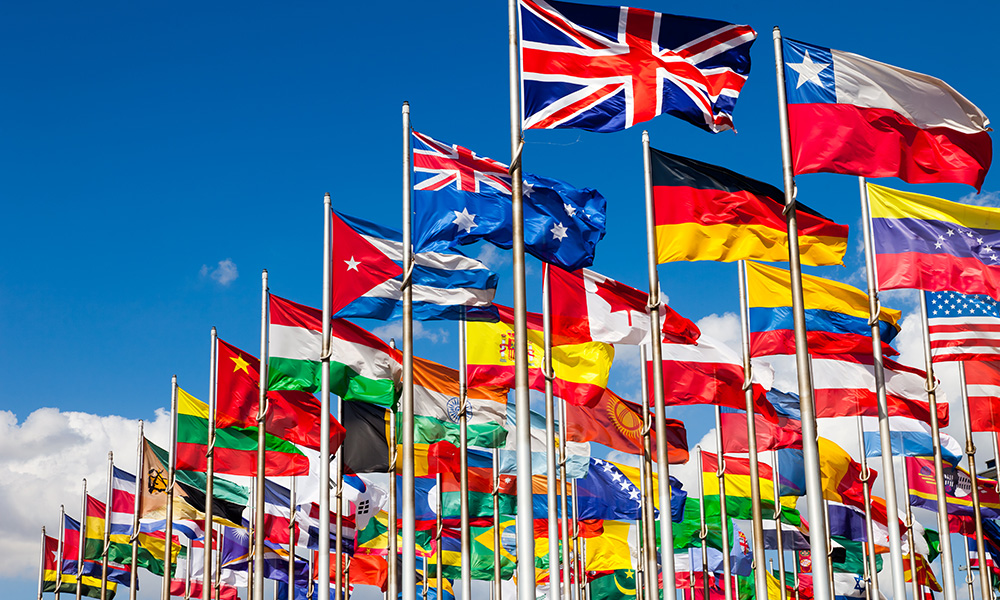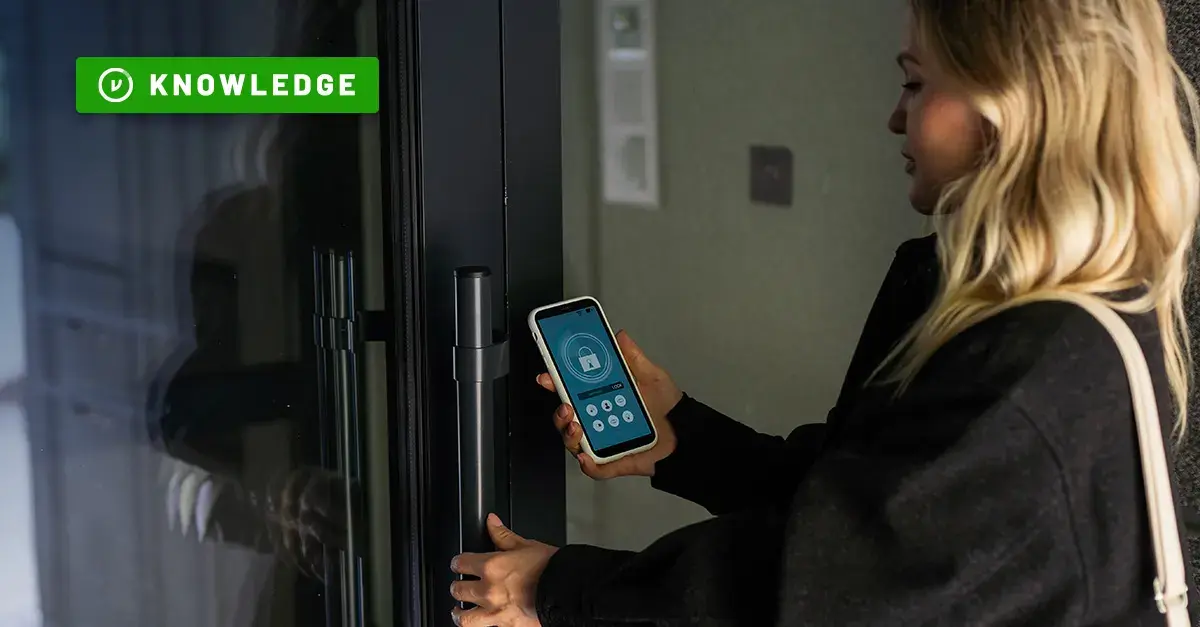Our world is constantly changing. We don’t need to look back farther than 2019 to see that our global society has been dramatically reshaped in less than three years.
In an excellent New York Times article, The Era of Borderless Data is Ending, we see the global data landscape is also rapidly evolving, with an avalanche of data privacy regulations starting to take shape in over 50 countries including South Africa, India, and many in the European Union with one purpose: Control and protect the sovereignty of data within the borders of the country in which it was created.
Such developments reflect a global economy that is much less flat than it used to be, and governments that are eager to bring resources and industry back home and to safeguard the sensitive information and intellectual property created within their borders. As these evolving standards take shape, companies will inevitably be forced to rethink how they share information with third-party partners operating in other countries.
To thrive in this rapidly changing world, we need to be adaptable, and we need open standards that give us the flexibility to change while also giving us the necessary controls to make fast decisions. Against this backdrop, the technology industry is begging for an open industry standard — one that can enable organizations to easily share data without sacrificing security, privacy, control, or sovereignty.
Open Standards Can Even the Playing Field
As 50 countries pass a wide variety of data sovereignty laws, open standards help create consistency and an equitable means of accessing sensitive data, whether it remains in-country or it is shared across borders.
Just imagine if each of these 50 countries adopts a unique solution to the problem of secure data-sharing — or even a handful of different proprietary solutions. If that happens, then digital collaboration is likely to become more complex and cumbersome than it already is, and those who need to securely share data will face numerous hurdles.
However, imagine if the right open standard existed. Then, the world could simplify data-sharing and still respect the sovereign rights of data owners.
Trusted Data Format (TDF) is an open standard that could help. And OpenTDF is a related open source project that could further support organizations as they seek to easily share data in a world where sovereign digital borders are rising and shifting right in front of their eyes.
OpenTDF embraces both security and innovation, empowering developers to apply policy controls to data so that it can be shared with others without sacrificing ownership. The OpenTDF project is available on GitHub, and developers can start working with it right now.
The Trusted Data Format: A Powerful Open Standard
The OpenTDF project is an open source reference implementation of the Trusted Data Format (TDF) open specification that enables developers to protect data flowing in and out of their applications.
A primary tenet of the Trusted Data Format, and the Virtru commercial products that it underpins, allows individuals to be the arbiter of control over their own data. You alone decide exactly who should be able to access your data, and you alone hold the key – not a cloud provider like Google or Microsoft, not a foreign government, and not even Virtru. You can grant and revoke access to the data you’ve shared at any point in its lifespan, making you the ultimate authority over your data.
TDF provides the freedom to collaborate while ensuring you maintain control and meet compliance standards: For example, through the recent development in GDPR through Schrems II, the E.U. has approved end-to-end encryption as a path to maintain data sovereignty and meet regulatory requirements. With Virtru, this can be done seamlessly through end-to-end encryption in email, Google Workspace, and more.
See the TDF and OpenTDF in Action
At Virtru, we give data the respect it deserves — through our open source project, our commercial solutions, and our continuous drive to strengthen data sovereignty and privacy for all. As the world’s economy and digital landscape become more complex, data-focused protection will be the steel bridge between innovation and sovereignty.
To learn more about how you can maintain data sovereignty with Zero Trust encryption, contact us today.



/blog%20-%20Zero%20Trust%20Primer%20-%20N5K%20series/Zero-Trust-Primer%20copy.webp)
/blog%20-%20Private%20Cloud%20Compute%20is%20Only%20Half%20the%20Story/PrivateCloudCompute.png)



/blog%20-%20title%2048%20november%2010/cmmcnov10.webp)
/blog%20-%20ukraine%20and%20taiwan%20HIO%20recap/UkraineTaiwanRecapBlog.webp)
/blog%20-%20data%20liberation/data-liberation-2.jpg)
/blog%20-%20ACP-240%20and%20HIGHMAST/highmast-acp-240.webp)

/blog%20-%20discord-zendesk%20breach/discord-breach.webp)